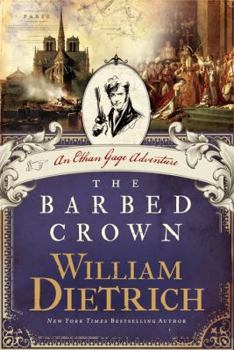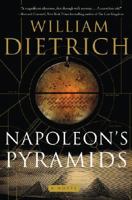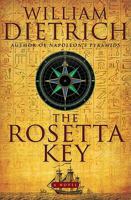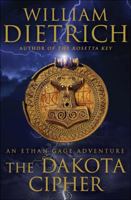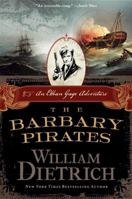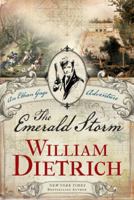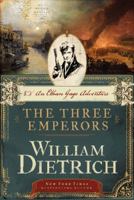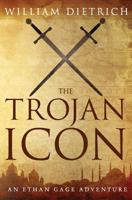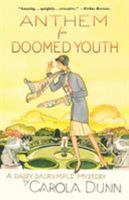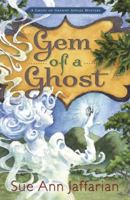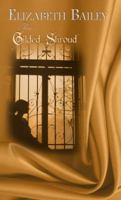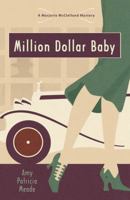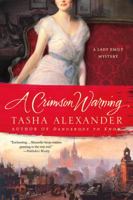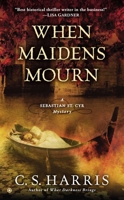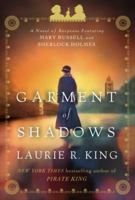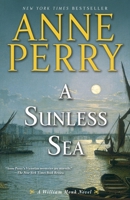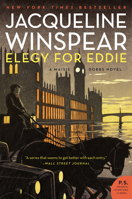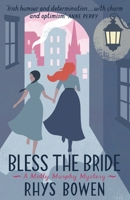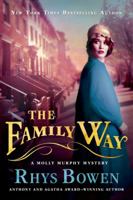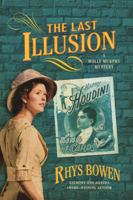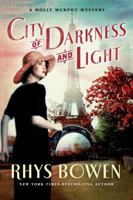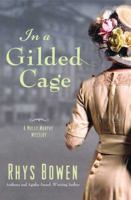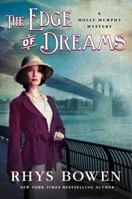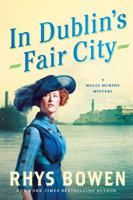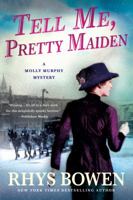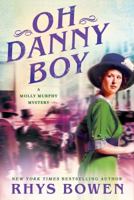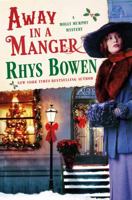The Barbed Crown: An Ethan Gage Adventure
(Book #6 in the Ethan Gage Series)
Select Format
Select Condition 
Book Overview
You Might Also Enjoy
Customer Reviews
The Master Mentions in Our Blog
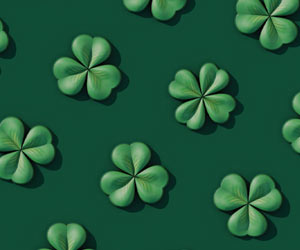
Ireland is no stranger to being home to literary legends, which may partly explain why it's referred to as "The Land of Saints and Scholars." With St. Patrick's Day quickly approaching, what better time to honor these literary legends and highlight some of the best Irish authors?
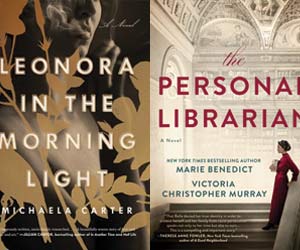
Summer reading and historical fiction go hand in hand. We love the experience of losing ourselves in another time and place—and learning about some historic facts and figures as we go. Here we feature some of the most exciting new titles so far from 2021.

This year the Academy Awards have plundered the library for extraordinary source material. The film makers have found writers who have been practicing their craft for years, plucked real gems out of their bodies of work, and are debuting one first time novelist.











